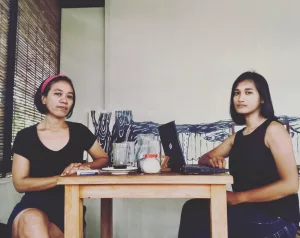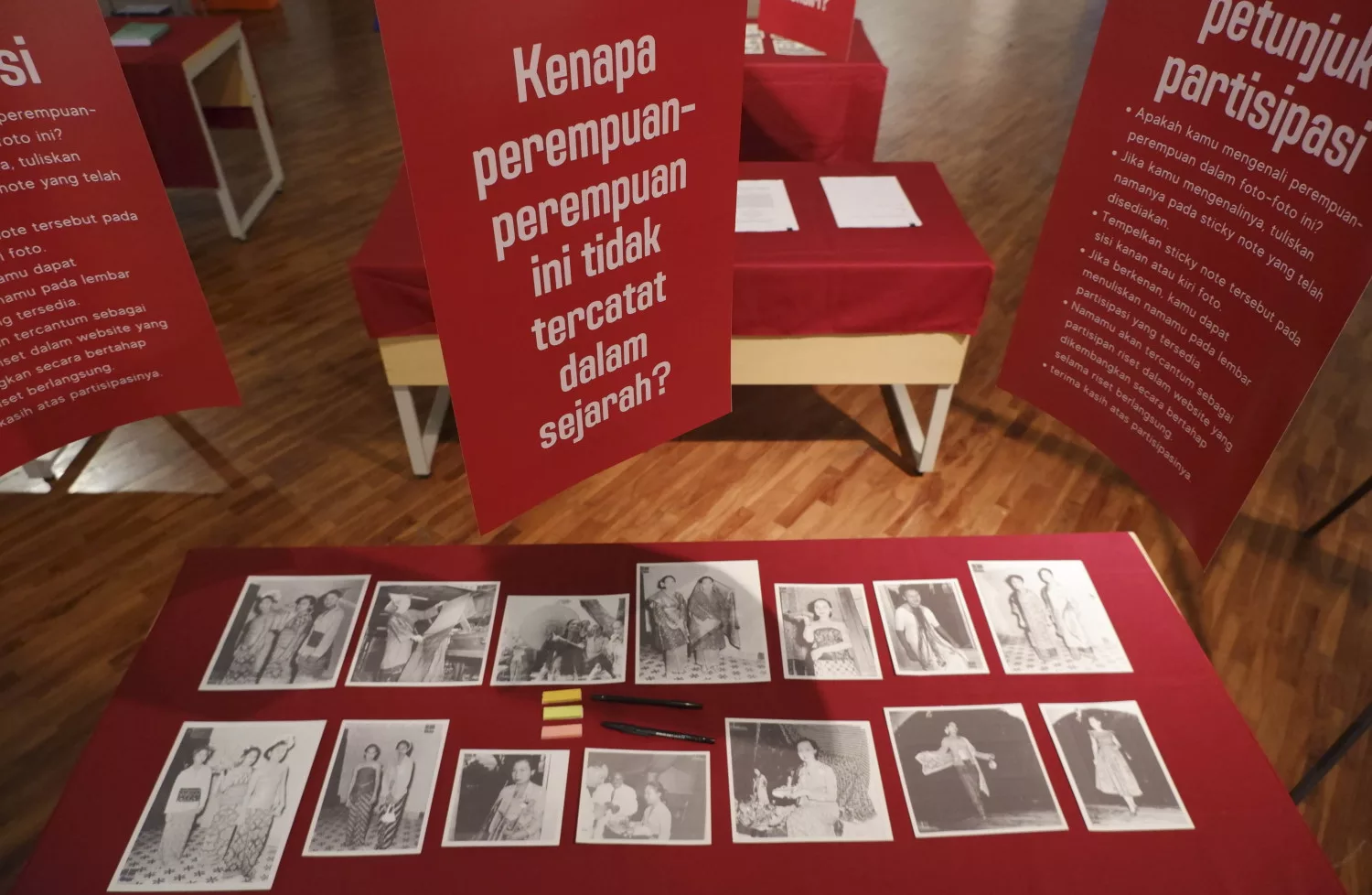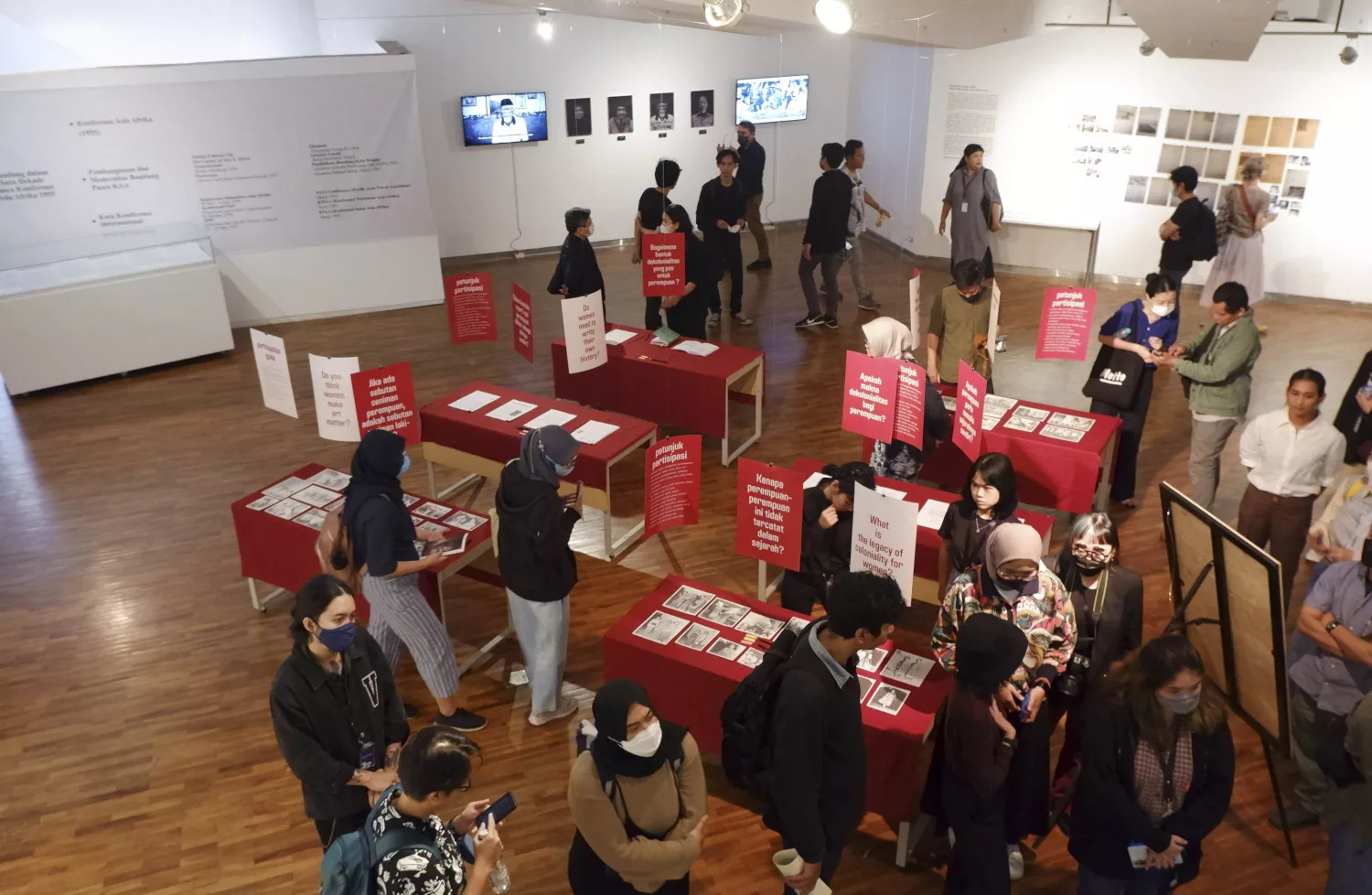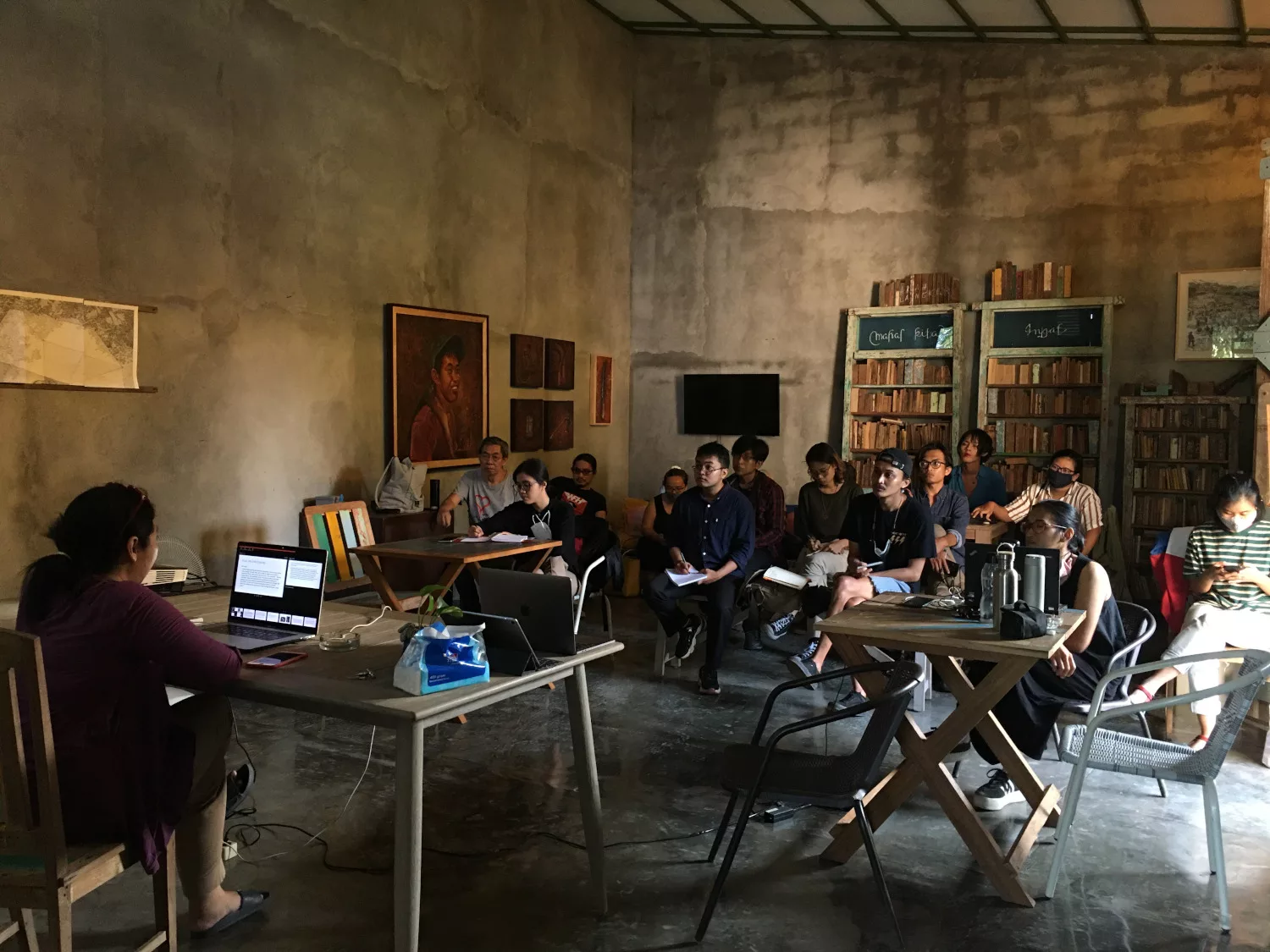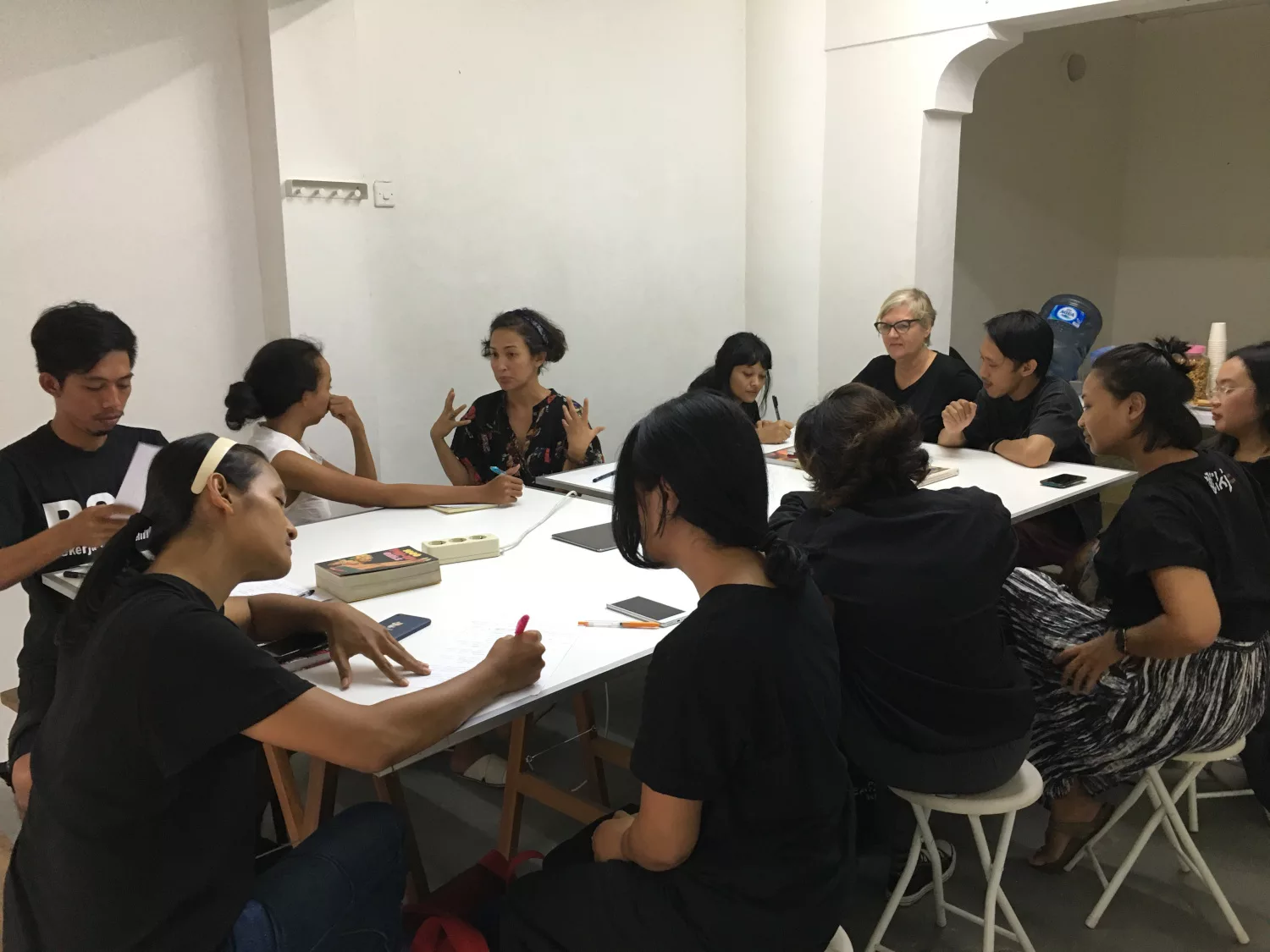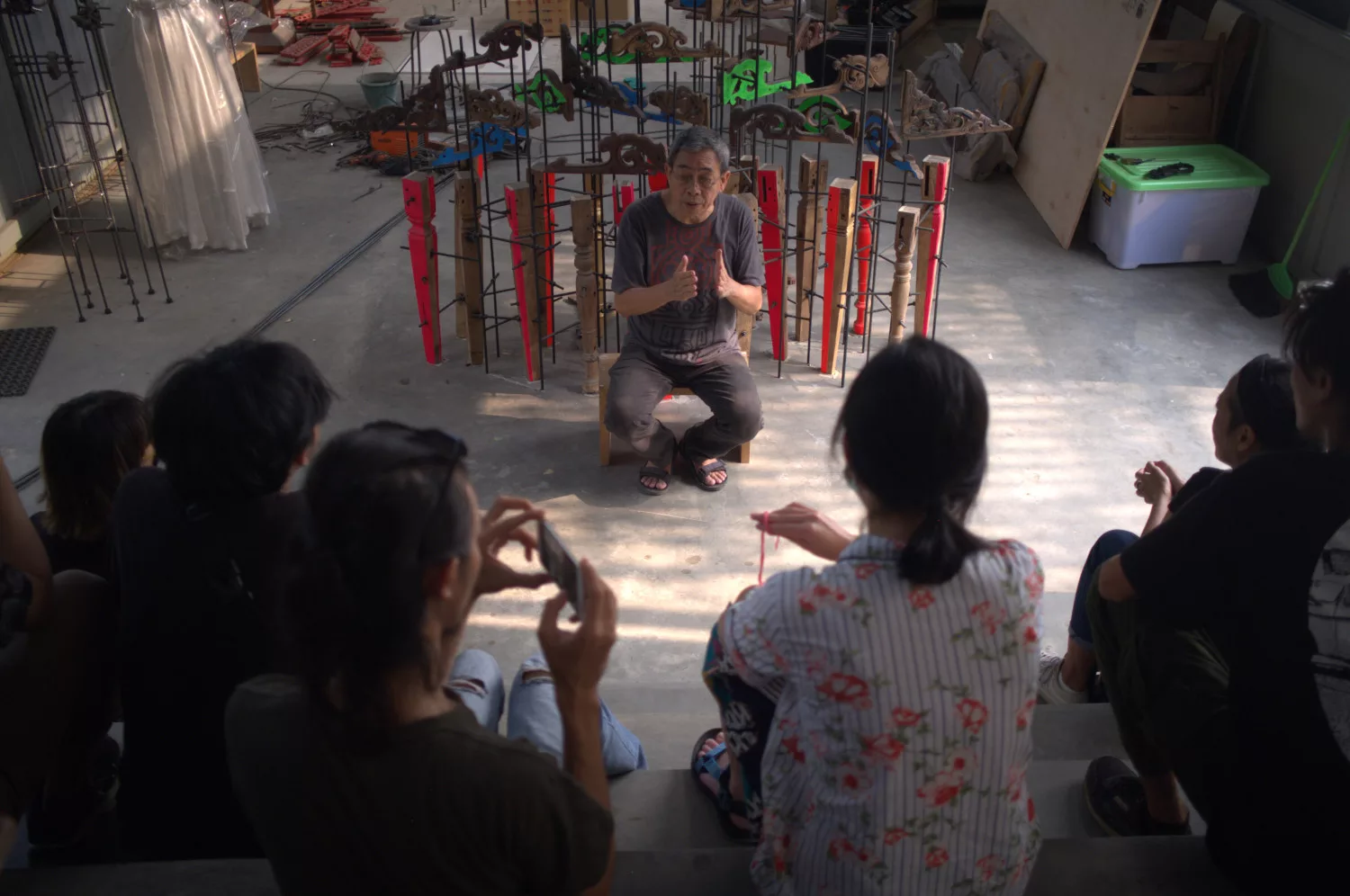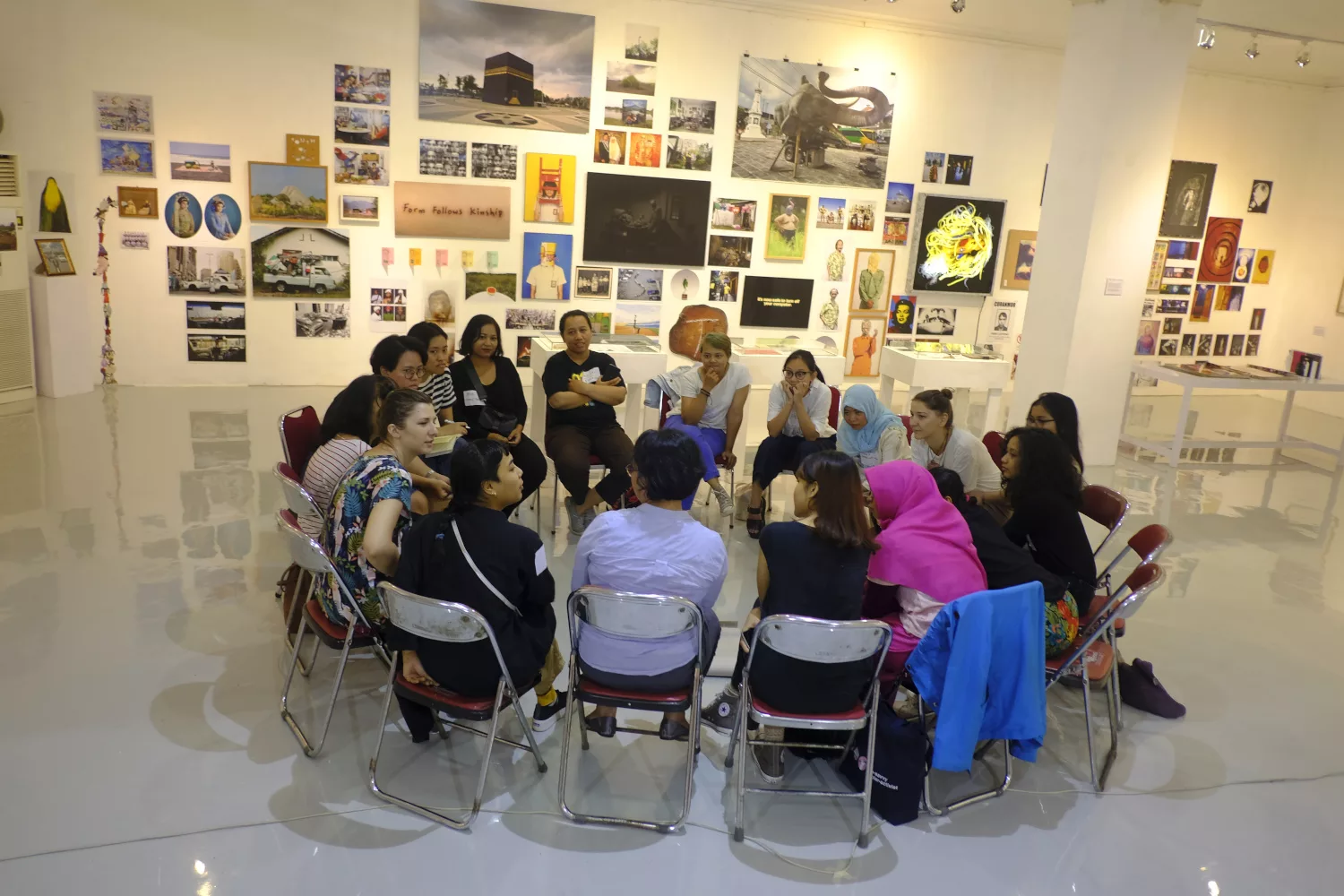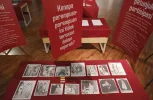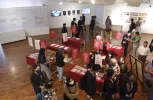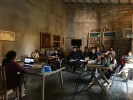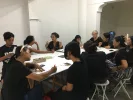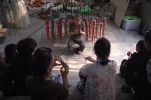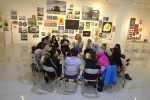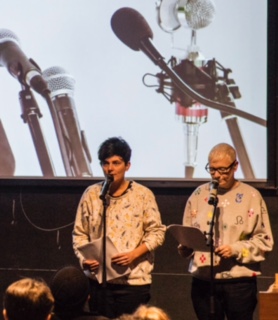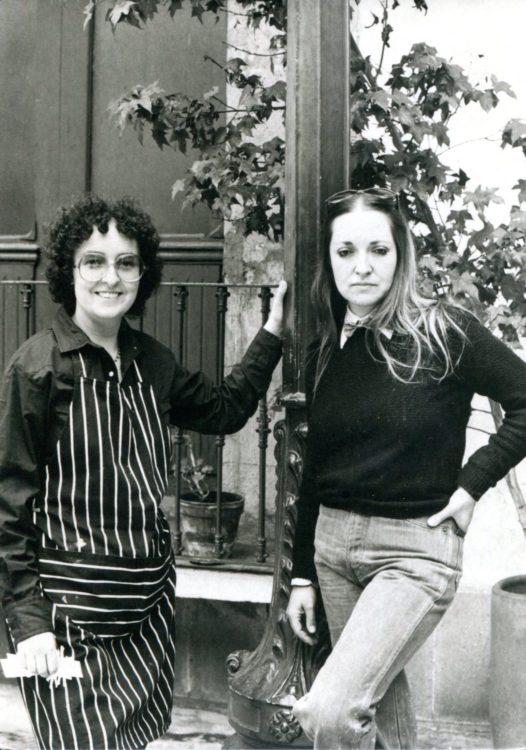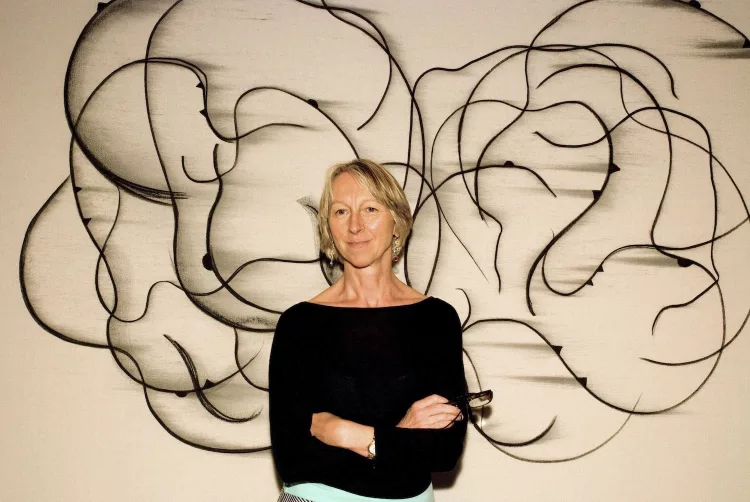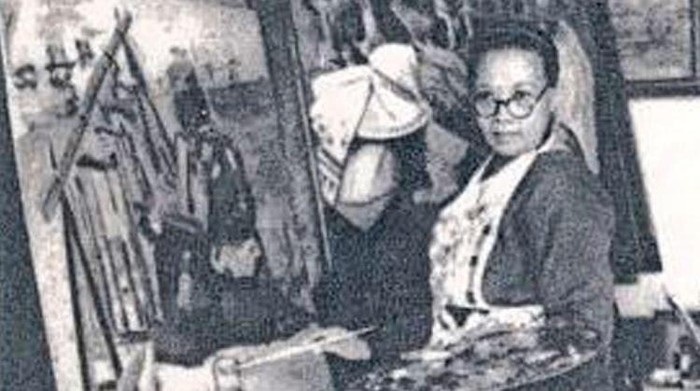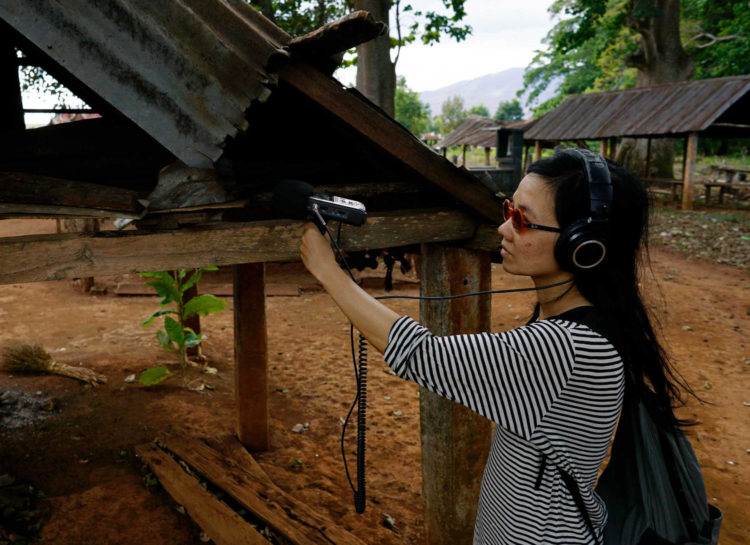Inkubator Inisiatif
Dirgantoro, Wulan, “Perempuan Mengkaji Seni: Gender, Activism and Indonesian Visual Arts”, in Bexley, Angie, Xue Dong, Sara, Setyoningrum, Diahhadi (eds.), Gender Equality and Diversity in Indonesia: Identifying Progress and Challenges, Singapore, ISEAS Publishing, 2023, pp. 245-262
→Kent, Elly. “Epilogue: Future Tense”, in Kent, Elly, Hooker, Virginia, Turner, Caroline (eds.), Living Art: Indonesian Artists Engage Politics, Society and History, Canberra, ANU Press, 2023, pp. 307-325
→Cyntara, “Ephemera #3 Museum of Untranslatable Stories”, in Newsletter: Indonesian Visual Art Archive, Mai 2023,https://ivaa-online.org/program/kick-off-meeting/, accessed 30 October, 2024
Kelas Seni Terbuka [Open Art School], different locations in Yogyakarta, 2021–2024
→Urun Daya: Ephemera #3, Indonesian Visual Art Archive, Yogyakarta, 3–30 August, 2023
→Curatorial Currents from the South East: Jakarta to Bandung, Soemardja Gallery, Bandung Institute of Technology and Goethe Institute, Bandung, 10–17 November, 2022
Indonesian art collective.
Yogyakarta stands as a prominent hub for contemporary art in Indonesia, a dynamic scene significantly shaped by transdisciplinary art collectives. One of the most innovative is Inkubator Inisiatif, co-founded in 2019 by artists and social activists Karina Roosvita (b. 1978), Lashita Situmorang (b. 1977), and Venerdi Handoyo (b. 1975). The collective was established to foster a platform for shared knowledge and ideas, ultimately nurturing contemporary art practices in Yogyakarta.
Since its inception, Inkubator Inisiatif has evolved into a progressive space for discussing issues related to gender, feminism and artmaking. The collective facilitates crucial conversations that are often sidelined in conventional art settings. Its focus on engaging with social contexts distinguishes it from other gatherings and initiatives within the art community.
Both L. Situmorang and K. Roosvita have strong backgrounds in art and social activism that inform their artistic practices. L. Situmorang was trained in the ceramics programme at the Indonesian Institute of the Arts (ISI), Yogyakarta. Some of her notable projects are the Red District Project (2008–2009), in which she engaged with sex workers in Yogyakarta, and the Makcik Project (2012–2013), focused on transgender women. For L. Situmorang, the challenge of working with marginalised communities eclipses the traditional boundaries of visual arts. K. Roosvita was trained at the Faculty of Recording and Media Art at ISI Yogyakarta, and her journey into social activism was sparked during her time volunteering at a sexual health clinic and running exhibition programmes showcasing works from diverse communities, highlighting the importance of exploring social issues through art.
L. Situmorang and K. Roosvita’s shared drive to address these pressing themes led to their collaboration. They discovered that many artists lacked a deep understanding of the complex realities surrounding them, often relying solely on literature rather than engaging directly with the communities they wish to represent. This realisation sparked the idea of creating a platform to encourage research-based art practices that resonate with local realities, ultimately leading to the establishment of Inkubator Inisiatif in 2019.
Inkubator Inisiatif’s Kelas Seni Terbuka (KST, Open Arts School) is a key initiative by the collective. It is an annual, alternative educational programme that supports women and gender-diverse artists who lack access to formal art education, providing a space for them to present their work, receive feedback and learn from each other. Recognising the systemic challenges faced by these artists, particularly in male-dominated institutions like the Indonesian Institute of the Arts, KST fosters a supportive community that empowers participants to find their voice and share their experiences, promoting an inclusive and accessible art pedagogy.
In the contemporary art landscape in Indonesia, Inkubator Inisiatif – alongside other collectives in Yogyakarta – plays a crucial role in redefining art’s relationship with society. Through its focus on knowledge-sharing and community engagement, the collective not only addresses urgent social issues but also lays the groundwork for a more equitable art world.
A biography produced as part of the programme The Flow of History. Southeast Asian Women Artists, in collaboration with Asia Art Archive
© Archives of Women Artists, Research and Exhibitions, 2025


